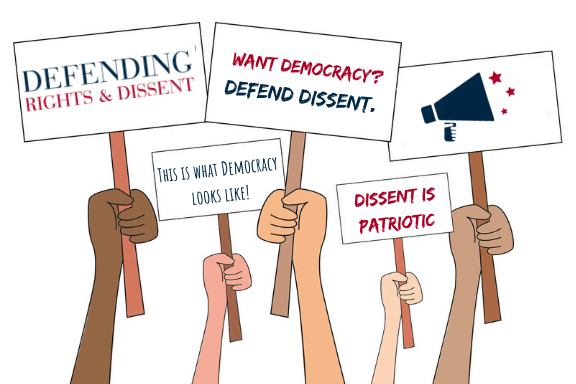Resolutions are the result of the democratic process where they only pass when voted for.
They have been used to welcome refugees, show support for the Community Reinvestment Act, reject barbaric “conversion therapy,” declare racism a public health crisis, demand Medicare for All, oppose the Bush Administration’s Orwellian Patriot Act , and most recently in Newtown to support women’s reproductive freedom.
However, there are some – like the Bucks County Courier Times’s conservative editorial board – who would argue that smaller bodies of government such as townships, municipalities and boroughs should refrain from engaging in controversial issues because they can be “divisive.”
Local governments along with schools, unions, corporations and even associations, use a document called a resolution to assert the expression of a majority, to educate the public, or to send a message to lawmakers. They are not, however, legally binding.
In April, for example, Newtown Township Supervisors passed a resolution to reduce single use plastics.
“Elaine McCarron of the Environmental Advisory Council presented the resolution to the township, explaining that the goal is primarily to educate around the harmful environmental impacts of plastics,” wrote Kate Fishman for the Newtown Patch.
The passage of this decree by the Supervisors won’t outlaw single use plastics. It is, however, a step in the right direction toward protecting the environment and alerts legislators in Harrisburg that there is willingness at the local level to pursue the matter.
Any legitimate group may propose a resolution that serves to support current law or promote an idea with the hope that it may become a law. By using a guide your group may zero in on the necessary ingredients needed for drafting such a document.
For instance, parents might work with the local parks and recreation department to detail the benefits of designating playgrounds as gun free zones.
Don’t be intimidated by the process. The learning curve shouldn’t stop your group from pitching an idea for a resolution to your borough council, township supervisors or county commissioners.
There’s also no need to worry if you feel out of sorts trying to insert the “whereas” and “resolved” legalese. It’s more important to include all components that describe the who, what, where, when, why and how.
Townships, boroughs and other municipalities hold regularly scheduled meetings for more than just the airing of grievances; they’re also there to make a city, town, or borough better.
This is another reason why participating in local municipal elections is so important.
History has long celebrated individuals who have faced adversity for speaking up, unselfishly risking personal enrichment, for the benefit of the majority.
Locally elected politicians who decide to tackle issues that will support our democracy and freedoms are unsung heroes and should be commended rather than criticized.
Check out this activist toolkit on how to pass a local resolution put together by Democracy Resolutions.






